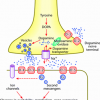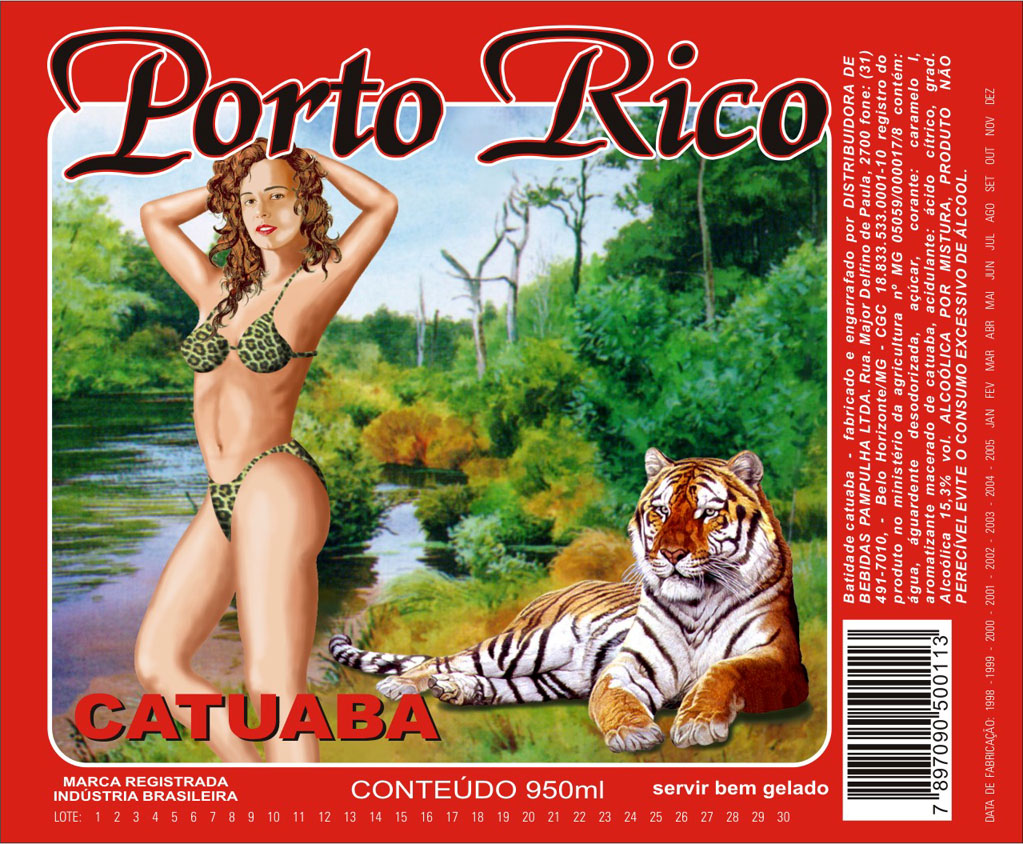Catuaba bark extract seems to be marketed solely for its sexual enhancing effects, and I think "stimulant". However, when I see it also used to treat ailments such as Dementia, I think "nootropic". I did a search on pubmed for "catuabine" (the tropane alkaloids unique to catuaba) and didn't come up with anything too significant.
Upon searching for "catuaba" on pubmed, I found this study: http://www.ncbi.nlm....pubmed/15991001 . Which states that "Acute oral treatment with the extract of T. catigua produced antidepressant-like effects in the forced swimming model in both mice and rats. Anti-immobility actions of T. catigua extract in mice were significantly reversed by haloperidol or by chlorpromazine, but not by pimozide, ketanserin, spiroxatrine or p-chlorophenylalanine. In vitro, T. catigua extract concentration-dependently inhibited the uptake and increased the release of serotonin, and especially of dopamine, from rat brain synaptosomal preparations."
Additional Studies:
http://www.ncbi.nlm....pubmed/21801825 (suggests antidepressant effect)
http://www.ncbi.nlm....les/PMC3095233/ (possible opoid, too)
http://www.ncbi.nlm....pubmed/15798997 (safe)
http://www.ncbi.nlm....pubmed/11507734 (does not raise cAMP levels)
http://www.ncbi.nlm....pubmed/18020420 (contains epicatechins, powerful antioxidants)
http://www.ncbi.nlm....ichilia Catigua (general search)
It's alkaloids definitely contain catechol rings. Epichatechin (and its analogues) is a known substrate of COMT.
This leads me to believe Trichilia Catigua acts as a SDRA, SDRI, COMT inhibitor, and opoid... hard to say at what dose. That's why I need you, Longecity. Anyone have any experience with Catuaba? I'm interested in finding its effect on cognition, motivation, focus, ability to switch between tasks, memory, energy, wakefulness, pain inhibition, emotions/mood, sexual effects, and social effects.





























































